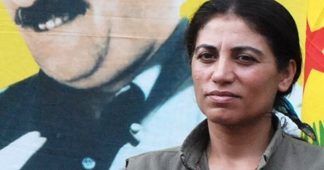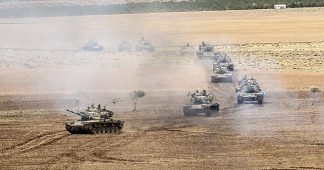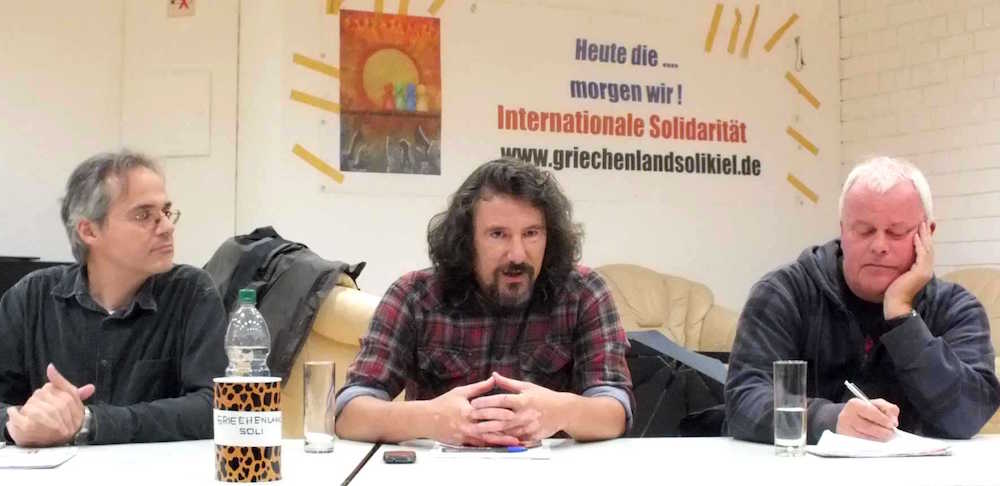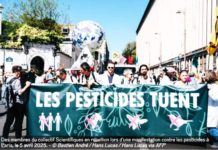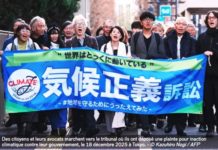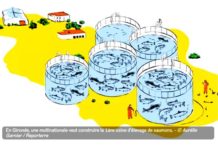Source: Kurdistan America Latina, Co-operative Economy
January 3, 2018
Cooperative societies have been created in Northern Syria in order to develop community economies. They have proven that they can satisfy the needs of the people and bypass the monopolies held by some merchants. So far there are over 142 cooperatives in existence.
A cooperative enterprise is an independent group of people who cooperate voluntarily in order to collectively reap social, economic and cultural benefits. Cooperatives include nonprofit organizations, companies that are owned and managed by the workers or the consumers–there are even housing cooperatives that are managed by the residents of the lot.
People in Northern Syria have begun to create cooperative societies as a response to the asphyxiating blockade that has been imposed on the region, and also as a response to the fluctuating prices of the market, with the collaboration of institutions that were established after the revolution in Northern Syria.
People and cooperative members in Rojava and Northern Syria are currently developing a better understanding of cooperative societies in this new democratic environment, centered around self-sufficiency and aiming to change the capitalist mentality that was adopted by the oppressive powers of society.
The beginning of cooperative societies in Rojava
After the revolution in Rojava, on July 19, 2012, the Union of Cooperative Societies was created with the goal of developing the concept of cooperative societies. Then, the economic committees were created and cooperative committees were established in every region of Northern Syria.
Specialized institutions assumed the responsibility of explaining the concept of cooperative societies to the democratic nation, in the framework described by the leader of the Kurdish people, Abdullah Öcalan.
The region has been blocked since 2012 by groups supported by Turkey, and that led to the creation of many cooperatives, many of which moved to liberated areas afterwards.
Women have a special role in the management of cooperatives. Many women began to manage projects that helped them become self-sufficient and stop depending on men, and also to develop an economy that is far from the capitalist mentality that has denied women their rights. The Şilêr Cooperative is an example of this.
Some of the committees in the Northern regions of Syria that have been working to develop this form of production are:
- The Agricultural Committee, which provides for the needs of farmers through cooperatives.
- The Industrial Committee provides power generators to people living in regions that lack power, to factories, bakeries and pharmacies, through the creation of cooperatives that are employing 3,080 families.
- The Commercial Committee, which provides food, fertilizers, cement and iron at low costs with the help of the Hegvirtin Cooperative. It has over six thousand members in the Cizîrê canton.
- The Cattle Farmers Committee creates farms of poultry and stables for sheep and cows.
There are currently more than 140 cooperatives in Northern Syria. Only in Jazira there are more than 87, in the Efrîn canton there are 21 and in the Kobanî canton there are 34, where 600 families participate.
Nabila Mohammed, Co-President of the Union of Cooperatives of the Jazira Canton, declared in an interview with Hawar News that the concept of cooperative societies has recently arrived to the areas liberated from ISIS by the Syrian Democratic Forces (SDF) like Al-Thawrah, Raqqa and Deir ez-Zor.
Nabila added: “There are many kinds of cooperative societies, according to the needs of each region, and they have proven to be the best solution against the manipulation of prices, inflation and monopolies”.
